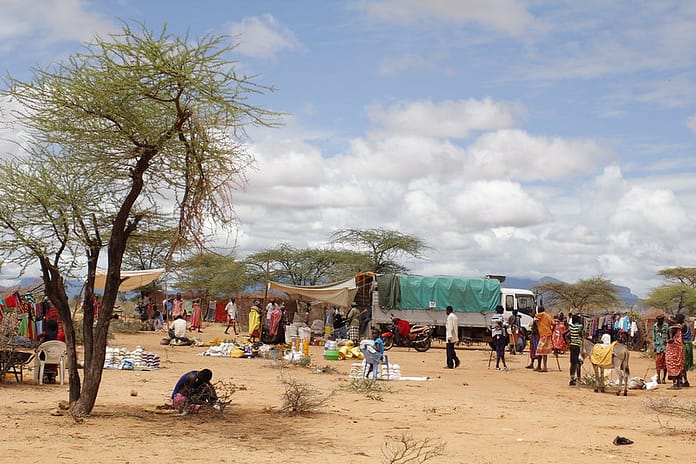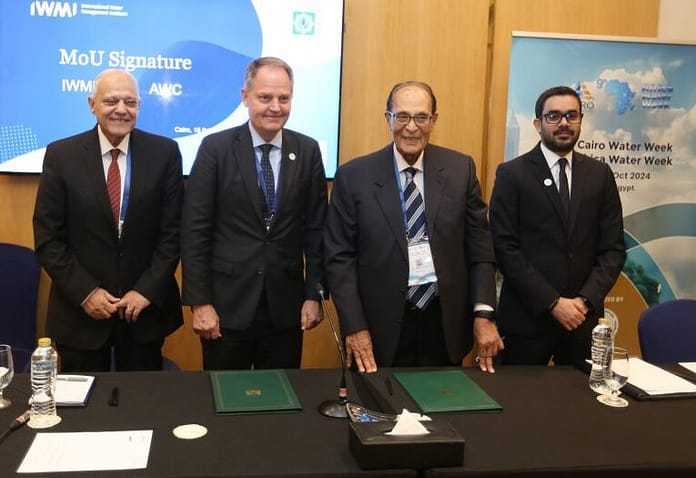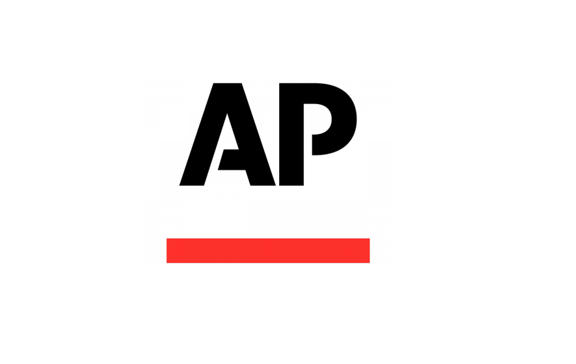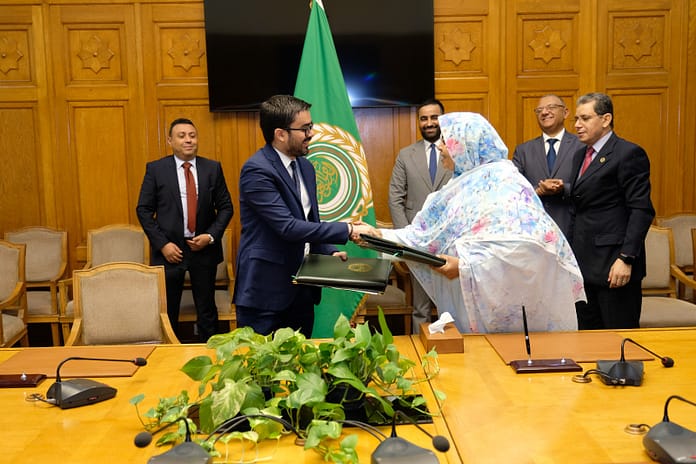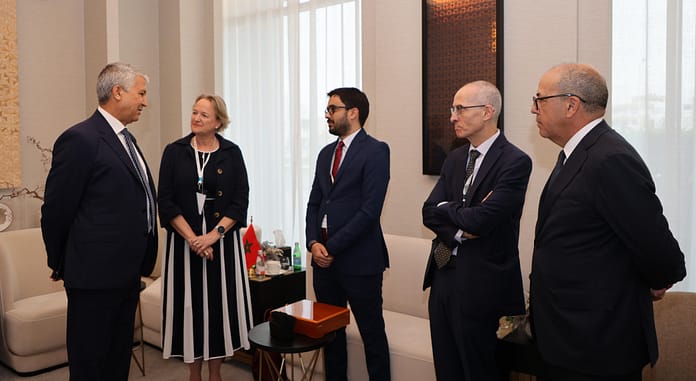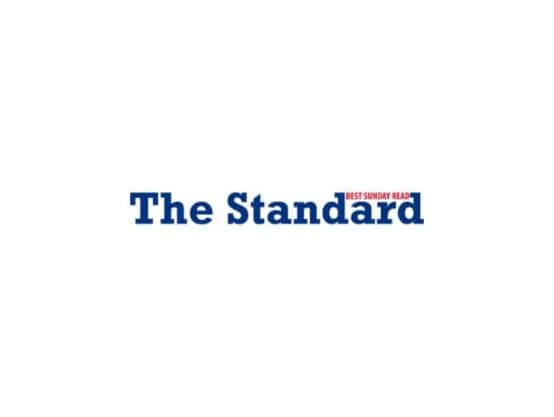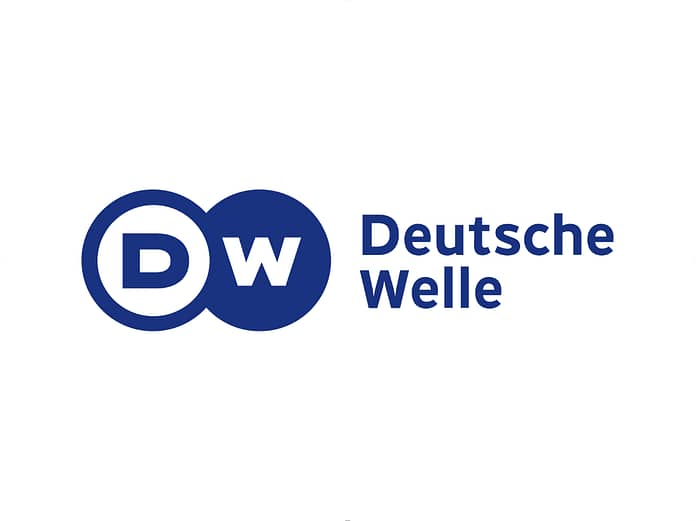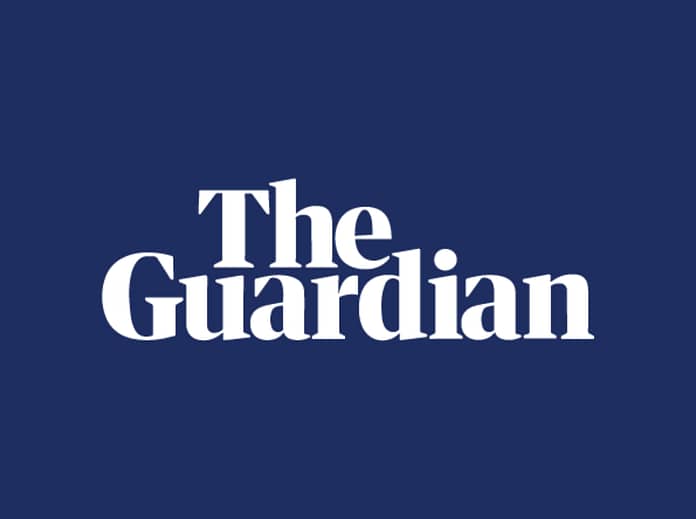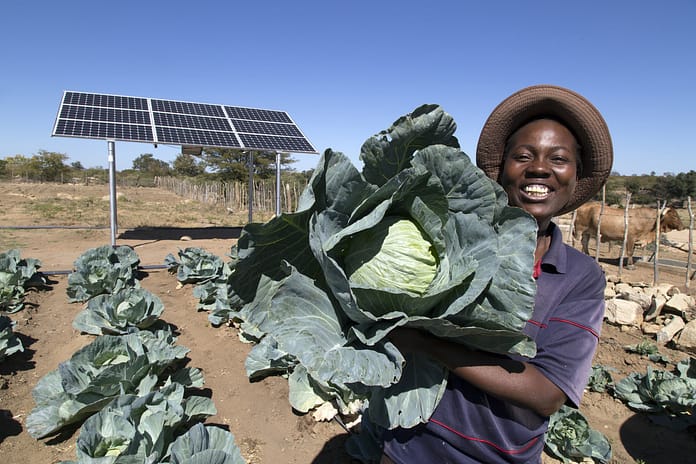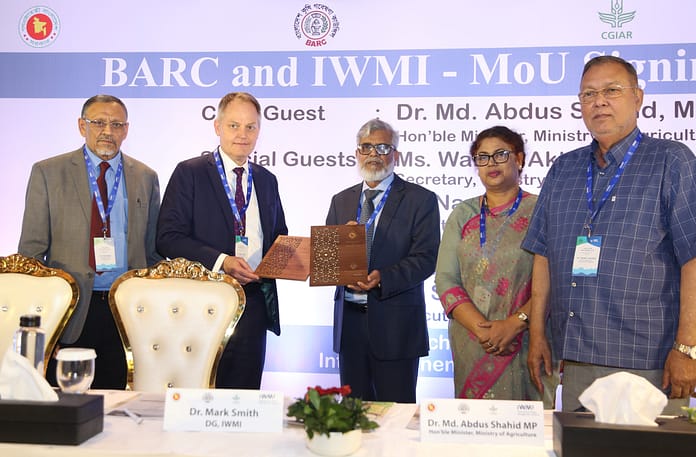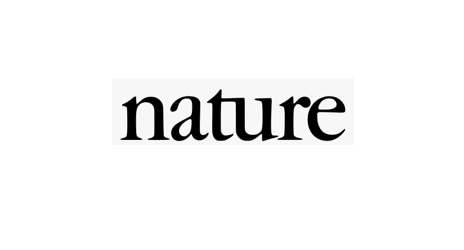
Signaling commitment to building resilience against worsening drought conditions globally, the International Water Management Institute (IWMI) joined the International Drought Resilience Alliance (IDRA) in December 2023. IWMI’s nearly four decades of experience in improving how communities manage water and land resources aligns with IDRA’s goal: to mobilize financial and technical resources while building political momentum to address the drought emergency.
Rachael McDonnell, Deputy Director General for Research for Development at IWMI, saw from the great work that IDRA was convening that both organizations would benefit from IWMI joining the alliance. Their common vision of ensuring a continuum of actions designed to strengthen policy and investment for water security, especially during times of drought, meant they were working towards the same goals.
“IWMI’s 2024–2030 strategy sets an ambitious agenda for research and innovation on water security because we recognize the symbiotic relationship between water security and climate change mitigation and adaptation,” McDonnell said. “IWMI’s research strives to be crisis-ready, proactive rather than reactive. This means investing in research that responds to demands and strengthens science-based decision making. Our membership in IDRA is one way in which we are responding to the urgent need for water security for everyone.”
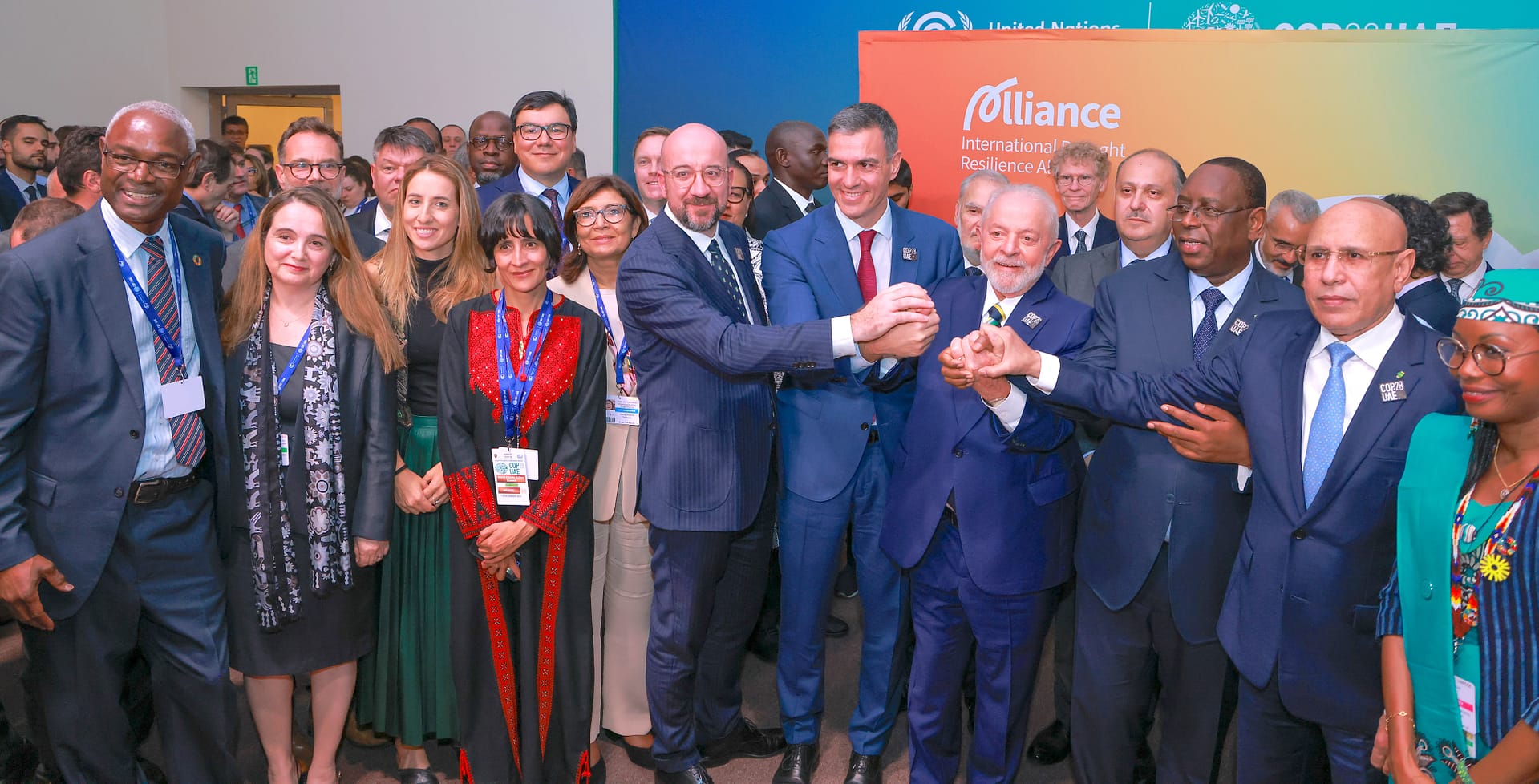
The alliance consists of 36 countries and 27 organizations working together to build evidence-based resilience to drought at the country, regional and global level. Launched in 2022 during the COP27 climate conference by the leaders of Senegal and Spain, IDRA focuses on concrete policies, actions and capacity-building initiatives for drought preparedness.
IWMI’s research on the impacts of drought include development of the South Asia Drought Monitoring System and the Afghanistan Drought Early Warning Decision Support (AF-DEWS) Tool.
Drought is a constant risk
Droughts are hitting harder and faster than ever. They trigger wildfires, famine and displacement, and impact everything from public health to the tourism and energy sectors. It is a natural hazard that does not always have to spell disaster—but preparation is key.
IWMI’s expertise in managing land resources will particularly help strengthen IDRA’s outreach, because drought is not just the absence of rain—it is also about poor land management. Healthy land is better at holding water and reducing the risk of floods, so tackling land degradation is a critical aspect of drought preparedness. IWMI’s research will contribute to risk mitigation by identifying drought vulnerabilities in individual countries to help ensure tailor-made, context-specific solutions.


